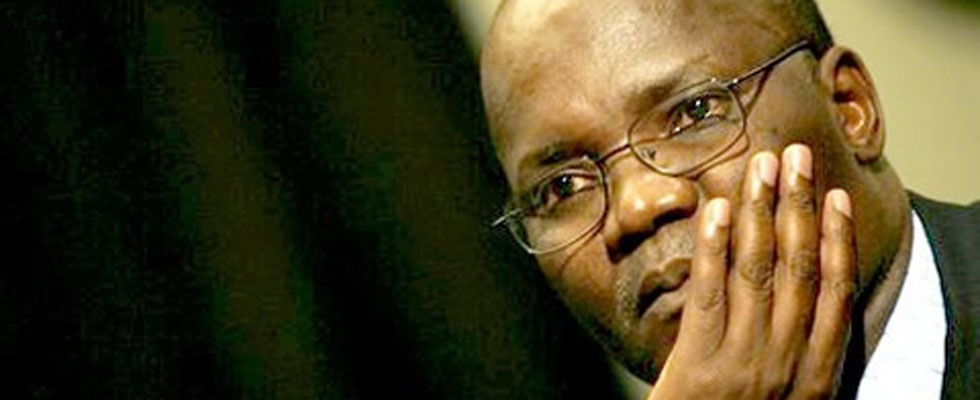
MEDIA, Information and Broadcasting Services minister Jonathan Moyo yesterday said “corrupt salaries” paid to heads of parastatals in the country needed to be dealt with if Zimbabwe’s new economic strategy is to succeed.
BY PHILLIP CHIDAVAENZI SENIOR REPORTER
Speaking during a public lecture at the Zimbabwe Staff College in Harare, Moyo said reports that there were public officials earning as much as $230 000 per month were disturbing.
“We have false, corrupt salaries that pose a serious challenge in the public sector where some people are earning as much as $230 000 in monthly salaries.
People in business don’t make that much profit in a month. I’ve also heard of people earning $27 000 in parastatals. These salaries can’t be appropriate for a new economy,” he said.
Moyo’s remarks came in the wake of reports that Premier Service Medical Aid Society (PSMAS) top managers are gobbling at least $1,1 million in basic monthly salaries at a time the State enterprise was reeling under a $38 million debt.
PSMAS chief executive officer Cuthbert Dube was reportedly earning $230 000 per month with all top managers earning $60 000 each and middle managers getting between $15 000 and $30 000 per month. Moyo last year suspended Zimbabwe Broadcasting Corporation chief executive officer Happison Muchechetere to pave way for investigations after disclosures that he was earning over $40 000 in salary and allowances per month while employees had gone for over six months without pay.
The minister said such practices were an abuse of public funds and the government was committed to addressing such anomalies. “We have got to deal with those issues. These salaries are coming from fees and subscriptions paid by the public. We are committed to dealing with those things. There is no reason why public officials should demand those things (perks),” Moyo said.
- Chamisa under fire over US$120K donation
- Mavhunga puts DeMbare into Chibuku quarterfinals
- Pension funds bet on Cabora Bassa oilfields
- Councils defy govt fire tender directive
Keep Reading
“We have got to see the new thinking and the politics that inform the new economy, that is not being afraid of doing and saying the right things.” He said the time for “politics of slogans” had disappeared with the old economy and what the country needed now was “informed debate”.
Moyo said the multicurrency regime had presented serious challenges in that it was making it difficult to forge ahead with the new economy because of serious distortions.
“Even a newspaper here costs $1. There is nothing of value that you can get for less than $1 and that means within this system we need a strategic review. There is the problem of false-pricing. We still have the psychology of a pricing model based on the Zimbabwe dollar during the hyperinflationary era,” he said. “We don’t need price controls, but a strategy to control false pricing.”











